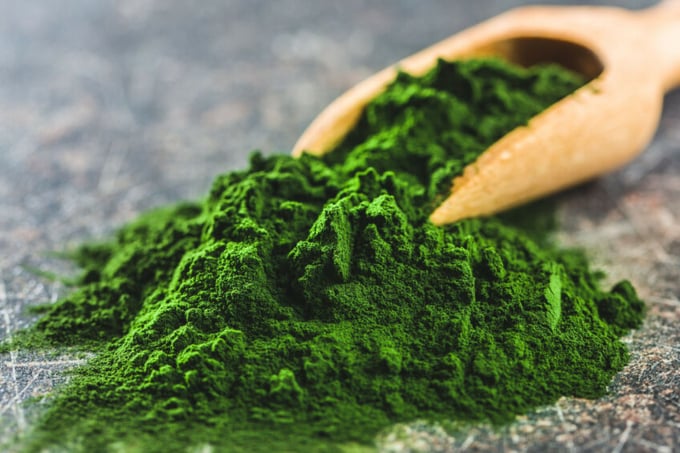December 9, 2025 | 00:46 GMT +7
December 9, 2025 | 00:46 GMT +7
Hotline: 0913.378.918
December 9, 2025 | 00:46 GMT +7
Hotline: 0913.378.918

This chlorella poultry feed additive also serves as a source of essential macro and microelements. Photo: Canva
The product is said to be “tens of times cheaper” compared with synthetic antibiotics and their common alternatives. The developed product is classified as a phytobiotic additive and the scientists estimate it could lower costs associated with flock protection from infectious diseases by a factor of 20 times.
Today, poultry farms try to avoid economic losses associated with infectious diseases among poultry, actively using antibiotics, hormonal drugs and growth stimulants, Marina Makartseva, one of the authors of the study, commented.
Compared with other chlorella-based products, the C-2019 strain stands out with its higher content of flavonoids – active components with potent antibacterial features.
Production technology
Penza State University scientists have also shared details of their production method. Chlorella is first grown in a special cultivator after which it is dried at 40°C in a drying cabinet and ground in a homogenizer – a device used in pharmaceutical production to obtain homogeneous mixtures with a stable structure and certain chemical properties.
The dry powder is placed in a flask and filled with an extractant – 95% ethyl alcohol – in a ratio of 1:30. The mixture is then infused in a water bath for 3 hours. The scientists reported that the process is completed by filtering the liquid extract into vials.
The additive can be administered through water or feed. While Russian veterinary regulations require feed antibiotics to be phased out 14 days before slaughter, the phytobiotic additive can be used throughout the entire animal’s life cycle.
Multiple advantages
“Another advantage of this additive is that it not only kills bacteria but also serves as a source of essential macro and microelements necessary to improve feed conversion. It also prevents vitamin deficiencies,” the university press office stated.
The cost is estimated to range between Rub 300 (€3) and 350 (€3.5) per 30 ml/l, while the researchers emphasised that the price of antibiotics can reach Rub 6,000 (€60).
“In addition to its availability, the feed supplement can be stored for a long time after opening; it does not need to be diluted independently,” the university noted.
Some first field trials may already be underway, as the university is in negotiations about testing the additive at several Penza farms. The scientists already mull export plans, assuming that the additive could be of interest to poultry farmers in China, India and African countries.
(PW)

(VAN) Newly designated initiatives in Australia, Canada and South Africa represent science-based and inclusive examples of ecosystem restoration.

(VAN) Rice-based food has been selected as Japan's 'Dish of the Year' for 2025, reflecting public interest in the stable supply of the country's staple food amid a recent rice shortage.

(VAN) A research project in Sweden explored how valuable substances can be extracted from organic waste, such as food waste and animal manure, and how this loop can be closed by producing animal feed.

(VAN) Average retail fertilizer prices continued to be mostly higher during the fourth week of November 2025, according to sellers surveyed by DTN.

(VAN) Inaugural Appeal focuses on cost-effective agricultural solutions that link urgent needs with long-term resilience.

(VAN) Landmark SOLAW 2025 report reminds us that resources for food are not infinite.

(VAN) Climate change is a growing concern for agricultural productivity and several studies have focused on how climate variations can impact crop yields.